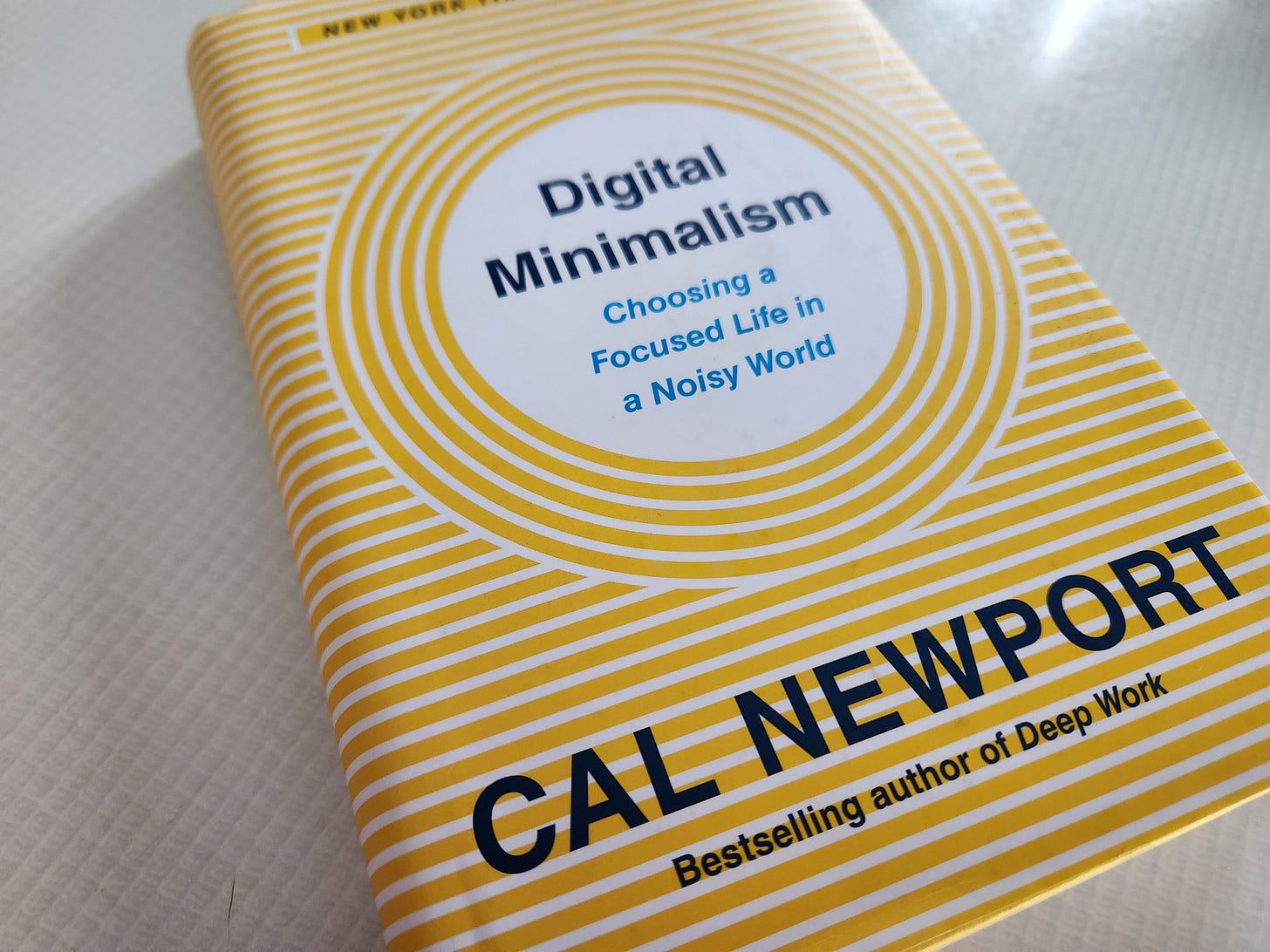The empty echo of godless life hacks.
Digital minimalism was already solved in the Bible.
In high school, our social studies teacher had a classroom that was absolutely silent. No one, not even the high school jerks, messed around in that class. We all sat silent and dutifully, listening to the lecture and copiously taking notes.
He was terrifying, with a fabulous temper.
A teacher could lose his temper on a kid back then, and really put the f…

